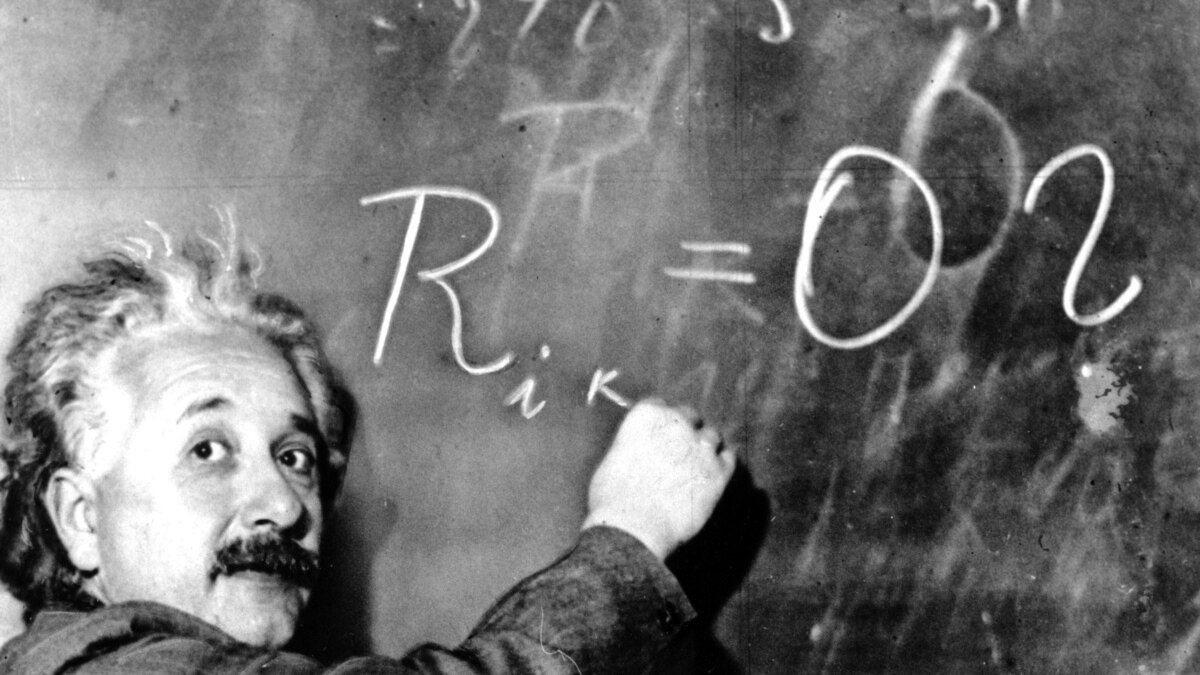Albert Einstein is a name that is synonymous with genius. He is widely regarded as one of the most influential scientists of the 20th century, and his contributions to our understanding of the universe have had a profound impact on modern science. In this blog post, we will explore some of Einstein’s most significant contributions to science.
Special Theory of Relativity
Einstein’s special theory of relativity, published in 1905, revolutionized the field of physics. The theory introduced the concept of space-time and proposed that the laws of physics are the same for all observers moving at a constant velocity relative to each other. This theory challenged the long-held belief in absolute space and time and laid the foundation for the study of cosmology and black holes.
General Theory of Relativity
Einstein’s general theory of relativity, published in 1915, built on his earlier work and proposed a new theory of gravity. The theory suggested that the force of gravity is not a force at all, but rather a curvature in space-time caused by the presence of matter and energy. This theory revolutionized our understanding of gravity and led to the prediction of black holes and gravitational waves.

Photoelectric Effect
Einstein’s work on the photoelectric effect, for which he was awarded the Nobel Prize in Physics in 1921, demonstrated that light can behave both as a wave and as a particle. The photoelectric effect occurs when photons, or particles of light, strike a metal surface and release electrons. Einstein’s work on this phenomenon helped to establish the field of quantum mechanics and laid the foundation for the development of modern electronics.
Mass-Energy Equivalence
In 1905, Einstein proposed the mass-energy equivalence principle, which is commonly expressed as E=mc². This principle states that mass and energy are two forms of the same thing and are interchangeable. This principle is now widely accepted and is the basis for many modern technologies, including nuclear power and nuclear weapons.
Cosmological Constant
Einstein’s cosmological constant, first proposed in 1917, was intended to provide a mathematical description of a static universe. However, the theory was later modified to account for the expansion of the universe, which was first observed by astronomer Edwin Hubble in 1929. While the cosmological constant was later abandoned by Einstein himself, his work on the theory paved the way for the development of modern cosmology.
Conclusion
Albert Einstein’s contributions to science have had a profound impact on our understanding of the universe. His work on the special and general theories of relativity, the photoelectric effect, mass-energy equivalence, and the cosmological constant have revolutionized the fields of physics, cosmology, and electronics. His work has also inspired generations of scientists to continue pushing the boundaries of our understanding of the world around us.

